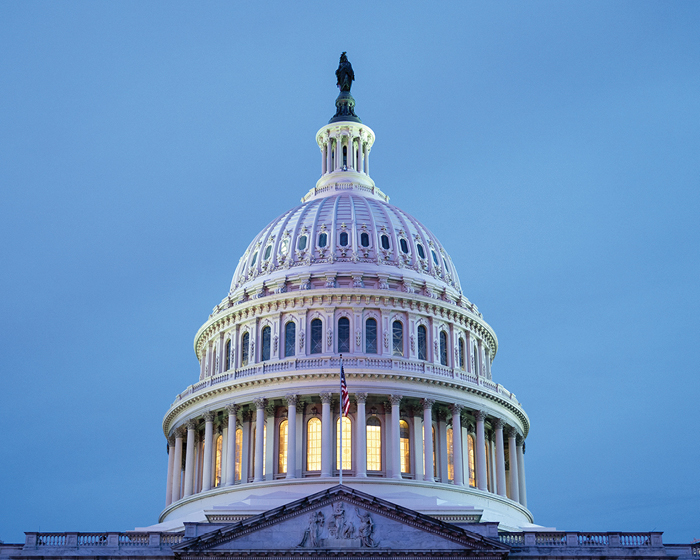Key Takeaways
- With the deadline to raise the debt limit approaching, Republicans want to add it to the tax bill.
- Adding a debt limit hike makes a complicated tax bill even more complicated.
- Extending the Tax Cuts and Jobs Act could cost $4.4 trillion, independent organization says..
- R&D credit has become one of the largest corporate tax expenditures.
- Senate hopes to deliver tax cuts without huge cuts to Medicare or Medicaid.
As we've already delved into, the expected tax and spending package which Republicans hope to pass through the Senate's reconciliation procedure is a complex, multi-faceted project.
And Republicans may decide to make it even more complicated.
Following a report from the Congressional Budget Office on the current national debt status, there's more speculation that the GOP will try to add an increase in the statutory debt limit. The limit sets the amount that the U.S. Treasury Department can borrow, and prevents the U.S. from defaulting on existing obligations--which most analysts believe would be a global economic catastrophe. Increasing the limit is often a tense, controversial legislative process, given the level of concern in Congress about the ever-increasing national debt.
In the past, it's always been raised through a traditional vote, following negotiations between the parties. Using reconciliation would allow the Republicans to raise it themselves with a simple majority. But adding it to a package that already has fiscal hawks balking could add more difficulty, when there was already not much margin for error. On the other hand, as the government funding showdown earlier this month demonstrated, Democrats aren't eager to cooperate with Republicans on anything, even necessary measures.
Technically, the U.S. already hit the debt limit at the beginning of the year. But Treasury is using "extraordinary measures"--accounting maneuvers through various government funds--to stretch its borrowing ability for a matter of months. According to the new CBO report, those measures could run out anytime between May to September. That adds some urgency to the decision.
This also scrambles the timing of reconciliation, which already was a mystery. Republican leaders have optimistically predicted putting a bill on President Trump’s desk by Memorial Day, which observers view as all-but-impossible. Many Hill veterans think it could go right up to the deadline–which in the case of the Tax Cuts and Jobs Act extension would mean the end of December. This debt limit could actually speed things along by giving Congress an earlier, hard deadline to act.
But on the other hand, adding complications rarely makes things move more quickly. Time will tell–and it could be running short.
Extending the TCJA: The Bill
The Tax Policy Center, a joint venture by the Brookings Institution and the Urban Institute, released a cost estimate for extending provisions in the Tax Cuts and Jobs Act on Thursday. The study shows that it would cost $4.4 trillion over 10 years--just under the $4.5 trillion that the February House budget resolution set as the limit for lost revenue for the Ways and Means Committee. That gives them little room to maneuver, especially as both President Trump and other members of Congress push to add more tax items to the bill.
Other Items of Note....
The Research Credit Keeps Growing and Growing – Martin Sullivan, Tax Notes ($):
These 3 GOP Budget Questions Will Shape TCJA Talks – Asha Glover, Law360 Tax Authority ($):
Tips: To Tax or Not to Tax — That Is the (Tax Policy) Question – Jessica Jeane, Tax Notes ($)
Senators Seek to Modify Tax Plan to Require Fewer Medicaid Cuts – Erik Wasson and Billy House, Bloomberg News ($)
Make a habit of sustained success.



